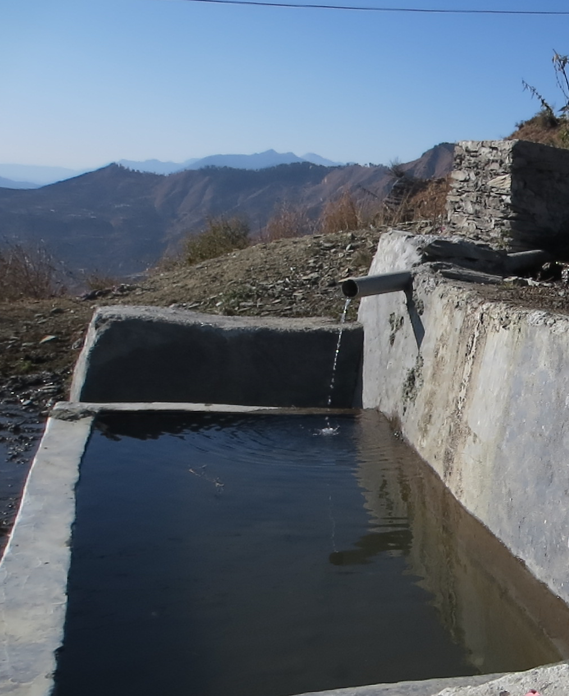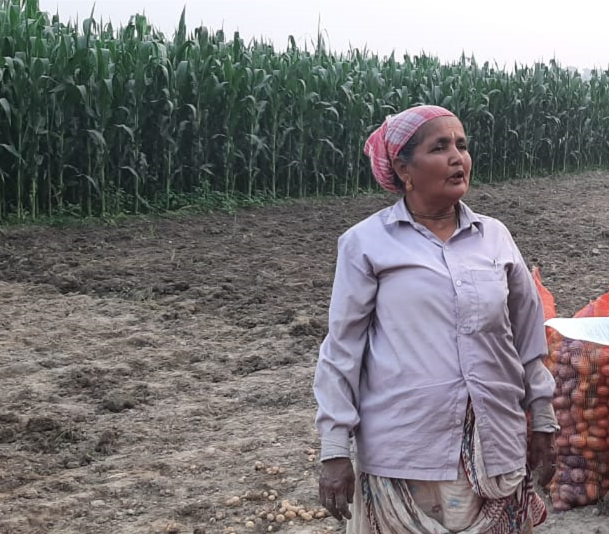Watershed Management – Role in Urban Planning
Urban planning ,when we think about it ,a picture comes of posh and sophisticated area. Taking example of United Kingdom ,Urban planning begun with the issues like public health and not exactly simply with comfort. Though with time, the basic of Urban planning in other countries and areas seems more to be shifting towards comfort.
Present scenario of urban planning….
- Most of the urban areas are getting badly affected due to rains .The trend is that the rainfall frequency is decreasing but the intensity is increasing.
- Uniformity in Rain fall is decreasing
- Rain fall for a year occurs in few months that too with heavy down pour.
- Runoff is high
- Seepage is very less
- In Indian scenario, Flooding is quite common especially for four months starting from june
Major problem………..
- In Cities, presence of too much concrete causing high Runoff
- of rainy days are decreasing and annual rain fall(in mm) is increasing .Thus creating a flooding condition .
Time has come to turn our umbrellas for Rain water harvesting………….
Rain water harvesting (RWH) at building level……….
- Flat systems & Duplexes are the recent trends in Cities .Rain water harvesting is the need of the hour.
- In Cites ,there is vast scope of Rain water harvesting (RWH)
- Rain water harvesting (RWH)will reduce the increasing pressure on water requirements /demands in cites
- With Rain water harvesting (RWH), the water during heavy rains can be prevented from moving in streets and hence blockages can be reduced
- Most of the area in streets are of concrete . Rain water harvesting (RWH) is the best solution to collect water and go for ground water recharge
Two industrial cities in India-A Compare……….
Let’s compare two industrial cities in India -NOIDA and Gurgaon (Gurugram)
- In NOIDA-The Govt. had a proper planning .Initially the Govt. has taken care of basic infrastructure like roads and drainage channel and then only transferred to private sector for maintenance
- In Gurgaon (Gurugram)– The Govt. had a lack of proper planning . Without ensuring proper basic infrastructures like roads and drainage channel, the maintenance has been transferred directly to Private sector .This improper planning resulted in lack of adequate facilities for footpaths, drainage channels etc . Sewage are getting clogged and coming in open places.
- Apart from these, Bangalore city in Karnataka was earlier called as City of Ponds but it has almost been replaced by concrete This has reduce the scope of water to find its proper destination and hence resulting in floods
Facts for planning…………
- In Cities, in flow of population can’t be control by Govt.
- should think for decentralized plan/process
- Control on the Solid waste in street of cities has to be controlled
- should ensure solid waste management at home, market, hotel.
- Changing the life style at individual level for solid waste management is required.
- Solid waste should not be thrown in back yards . Infact , it should come out of backyards in open . Solid wastes , if not treated , will create problem
- Inadequate trained planner at all levels of infrastructure development is as serious concern
A Sense of humanity for rains…………..
- Rain should not be taken as threat rather a sense of welcoming the rains is needed. This will add to take positive steps for harnessing rain water.

How should be the planning………………
- First of all, Proper understanding of regional geography of the area has to be taken in to consideration.
- Planning should be as per Watershed drainage system.
- Public health with urban planning is required to be considered
- Technical knowledge about Urban planning and drainage system is must
- Natural drainage system has to link with the Urban Planning
- Traffic management is very much needed . Any traffic jam that too in flooding condition in cities become a big hurdle . It increases the pollution
- There is need to link land use planning to Public transport system
- Trained Planners are required at all levels
- Proper vision and knowledge is required
- Use of more Porous material in streets are required . Use of hard material should be minimized.
- Regional geography & public transport should be taken care.
- Incentive to be given for those adopting Rain water harvesting (RWH) in cities
- Pollution control is needed
- Integrated way of Solid waste management will reduce water pollution.
- Banning old car, Car pooling and odd even system will reduce air pollution.







